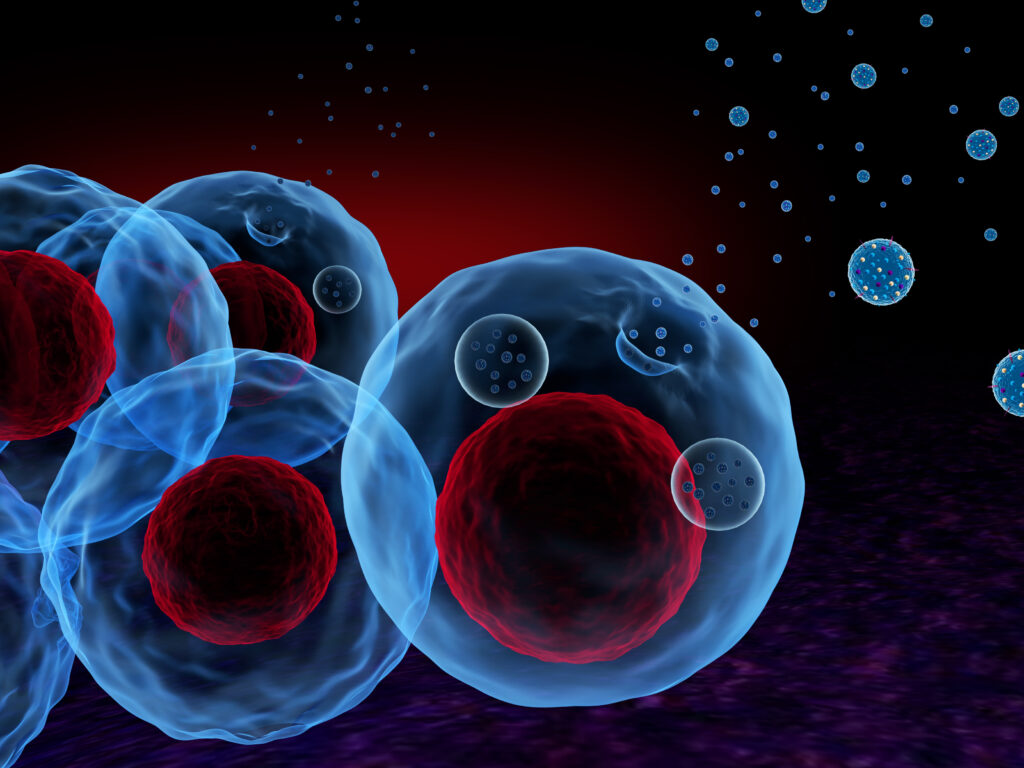Disseminated intravascular coagulation (DIC) is an acquired disorder that poses significant challenges in clinical settings due to its abrupt onset and rapid progression. Characterized by systemic activation of blood coagulation, DIC can result from a variety of underlying causes, leading to a high mortality rate among affected patients. Current treatment approaches primarily involve anticoagulant drugs such as heparin and low-molecular-weight heparin. However, these therapies carry considerable risks of bleeding, highlighting the urgent need for safer and more effective treatment strategies.
Recent advancements in medical research have drawn attention to the potential of mesenchymal stem cell-derived exosomes (MSC-Exos) as a novel therapeutic option for DIC. These exosomes are known for their strong anti-inflammatory and tissue repair capabilities, making them promising candidates for addressing this complex disorder. Their stability in various pathological conditions further supports their potential utility in DIC therapy.
A recent review authored by Chengran Wang, Xiaoqing Zhao, Keyan Wang, Huixin Liang, Shuhan Chen, Yajie Liu, Hua Yao, and Jinlan Jiang provides valuable insights into the pathogenesis of DIC and the promising role of MSC-Exos in its treatment. The authors elucidate the mechanisms through which MSC-Exos may influence DIC pathogenesis. It is speculated that these exosomes could offer a multifaceted approach to DIC management by addressing several key aspects of the disorder.
One of the proposed mechanisms is the attenuation of neutrophil extracellular trap (NET) formation, which is implicated in the inflammatory response associated with DIC. Additionally, MSC-Exos may play a role in modulating macrophage polarization, shifting the balance between M1 (pro-inflammatory) and M2 (anti-inflammatory) macrophages toward a more favorable outcome. Furthermore, the exosomes could influence the Nrf2/NF-κB signaling pathway, downregulating pro-inflammatory factors that contribute to the pathogenesis of DIC.
Another significant aspect of MSC-Exos is their potential to correct imbalances in the coagulation-fibrinolysis system. This could be achieved through various anticoagulant routes, suggesting that MSC-Exos might not only mitigate the inflammatory components of DIC but also address its coagulation abnormalities.
The insights presented in this review highlight the potential of MSC-Exos as a paradigm shift in DIC therapy, offering novel targets and treatment modalities for managing this critical condition. As research in this area continues to evolve, there is hope that MSC-Exos will pave the way for safer and more effective therapeutic options for patients suffering from DIC, ultimately improving outcomes and reducing mortality rates associated with this challenging disorder.


